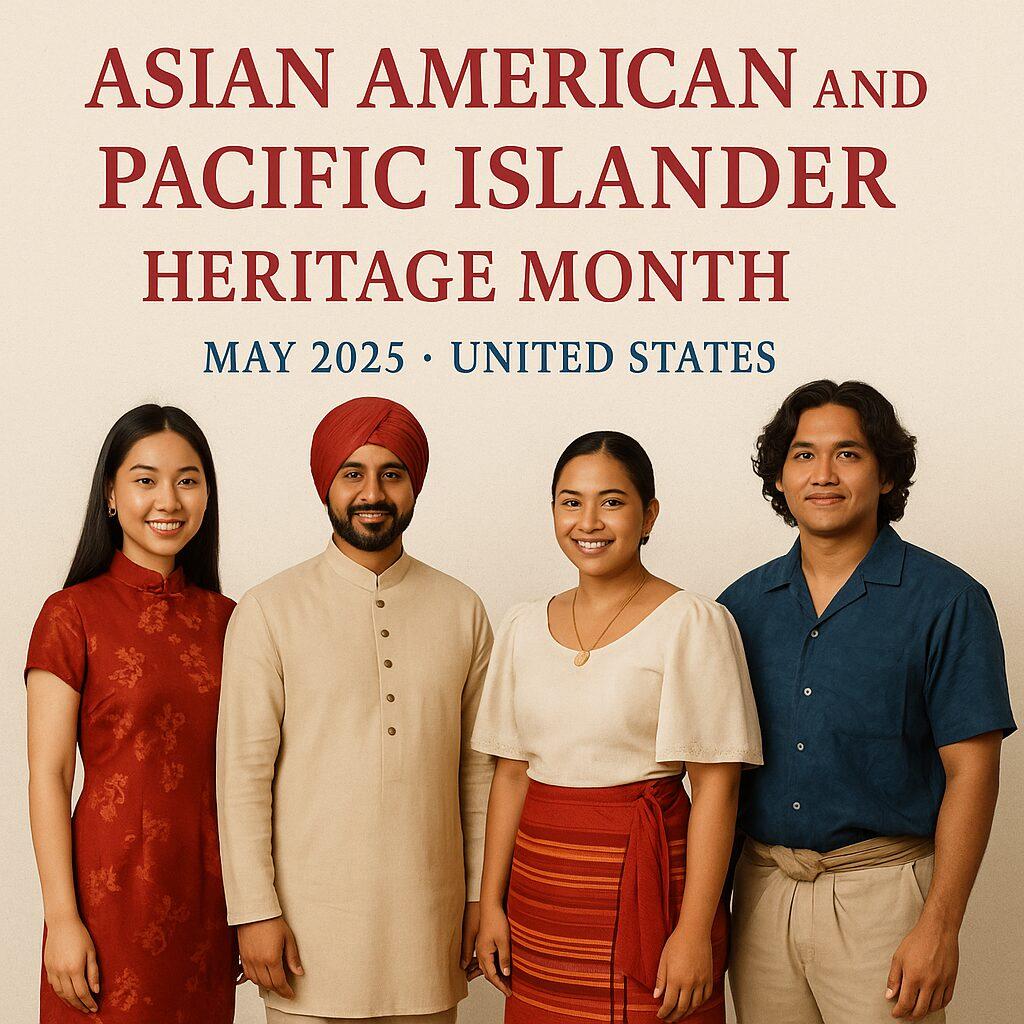LOS ANGELES – Filipino groups in Los Angeles recently signed on for a letter of petition asking the US government for administrative relief to address the country’s broken immigration system.
Among the things asked by the petition was the immediate designation of the Philippines with Temporary Protected Status (TPS), as way of helping the country cope with the devastation caused by Typhoon Haiyan in 2013.
The letter, originally penned by API FIRE (a coalition of Asian American and Pacific Islander immigrant-serving groups in Southern California), outlined their demands for expanded administrative relief and reforms to immigration enforcement.
“We want expanded affirmative relief and reforms to immigration enforcement for our community,” the petition said.
They want the Obama administration to:
-Expand deferred action and grant reprieve from deportation with work authorization;
-Immediately designate TPS for the Philippines;
-Expand the DACA program and ensure robust implementation;
-Expand the provisional unlawful presence waiver process;
-Stop the removal of lawful permanent residents based on old convictions or where the crime was not a deportable offense at the time of commission;
-Make prosecutorial discretion and the ICE parental interest memo meaningful for individuals;
-End the use of detainers, Secure Communities and 287(g) programs;
-And provide a humanitarian response to unaccompanied minors seeking refuge at the border.
API FIRE expanded the call for administrative relief, to include other California groups that serve AAPIs or are allies to AAPIs to ensure that the message will be heard by President Barack Obama’s administration. The petition comes at the heels of Obama’s recent announcement that he will initiate administrative action aimed to address the broken immigration system.
Connie Choi, staff attorney for the Immigrant Rights Project at Asian Americans Advancing Justice – LA (AAAJ-LA), said that that it is important to organize AAPI groups and to lift up these voices because the Obama administration has not given much attention to AAPI priorities for administrative relief.
With Obama stating that immigration reform in Congress is ‘essentially dead’ and and that he will consider executive action to address these problems, Choi said that they expect the government to consider and incorporate the priorities enumerated by the AAPI groups.
Among those who signed on were Filipino groups Pilipino Workers Center (PWC), Relief 2 Recovery (the national coalition that pushes for TPS for PH), KAYA – LA, and the Filipino American Service Group Inc.
Other non-Filipino community organizations that signed on to the petition include CARECEN, CLUE-LA, AAAJ – LA, the Immigration Law Center, and ASPIRE-LA, among others.
PWC Executive Director Aquilina Soriano Versoza pointed out that it has now been eight months since Super Typhoon Haiyan hit the Philippines and the US government has still not made a decision about granting TPS to the country.
While the US government continues to reassure the public that they will be making a decision sometime soon, that time has yet to come. Versoza believes that the bigger issue of the debate on immigration has definitely affected the Department of Homeland Security’s decision-making process on TPS. And with Obama expressing his intent to take executive action on the matter, Versoza remains optimistic that TPS will be granted.
“I see President Obama’s declaration that he is going to take executive action as opening a new window of opportunity for Temporary Protected Status to be granted to the Philippines, because it is an executive action that has a lot of bi-partisan support and is based on humanitarian relief,” Versoza said.
Melissa Ramoso, chairperson for KAYA – Filipino Americans for Progress (KAYA-LA), said that it is “absolutely unfathomable” that TPS has not yet been granted to the Philippines.
“It has been well over half a year since the largest recorded storm in history has hit and we still have no answer to whether we will get the humanitarian relief that is deserved,” Ramoso said in an email.
Ramoso pointed out that other countries who have been affected by disasters that were “nowhere near” the magnitude of Typhoon Haiyan were granted TPS within months. The Fil-Am leader couldn’t help but wonder what it would take for the government to extend the same administrative relief to Filipinos in the US.
“Filipino Americans were the most visible supporters of the President and his Administration in the AAPI national community. Our situation is dire and we as Filipino Americans cannot help but feel let down and that our voices are not being heard in regards to TPS and all the issues listed in the our recent coalition letter,” Ramoso added.
Ramoso is also the vice chair for the Filipino American Democratic Caucus of the California Democratic Party and a member of the California Democratic Party Asian Pacific Islander Caucus — two groups who are not signatories to the petition, but are also actively pushing for the AAPI and Filipino American priorities.
According to Trina Pasumbal of ASPIRE-LA (an API undocumented youth group), they don’t expect to get everything that they are asking for in their administrative relief letter, but they know that these demands are what the immigrant community needs.
“If the government truly valued all peoples [sic], they would listen to our community and understand that the issue of deportations and family separations are also negatively affecting the AAPI community, and we need to be heard and considered in the change,” Pasumbal said in an email.
The deadline for groups to sign on to the letter was on Tuesday, July 8, according to the petition webpage.
Pasumbal said the AAPI groups will move forward and try to gain momentum in pushing their message to the public in many different ways, via social media, community events, and legal visits to Washington, DC.
“We will be pushing left and right for administrative relief, and hopefully we can have everyone, especially the AAPI community, with us in thetas charge,” Pasumbal said.
(www.asianjournal.com)
(LA Weekend July 12-15, 2014 Sec A pg.4)






